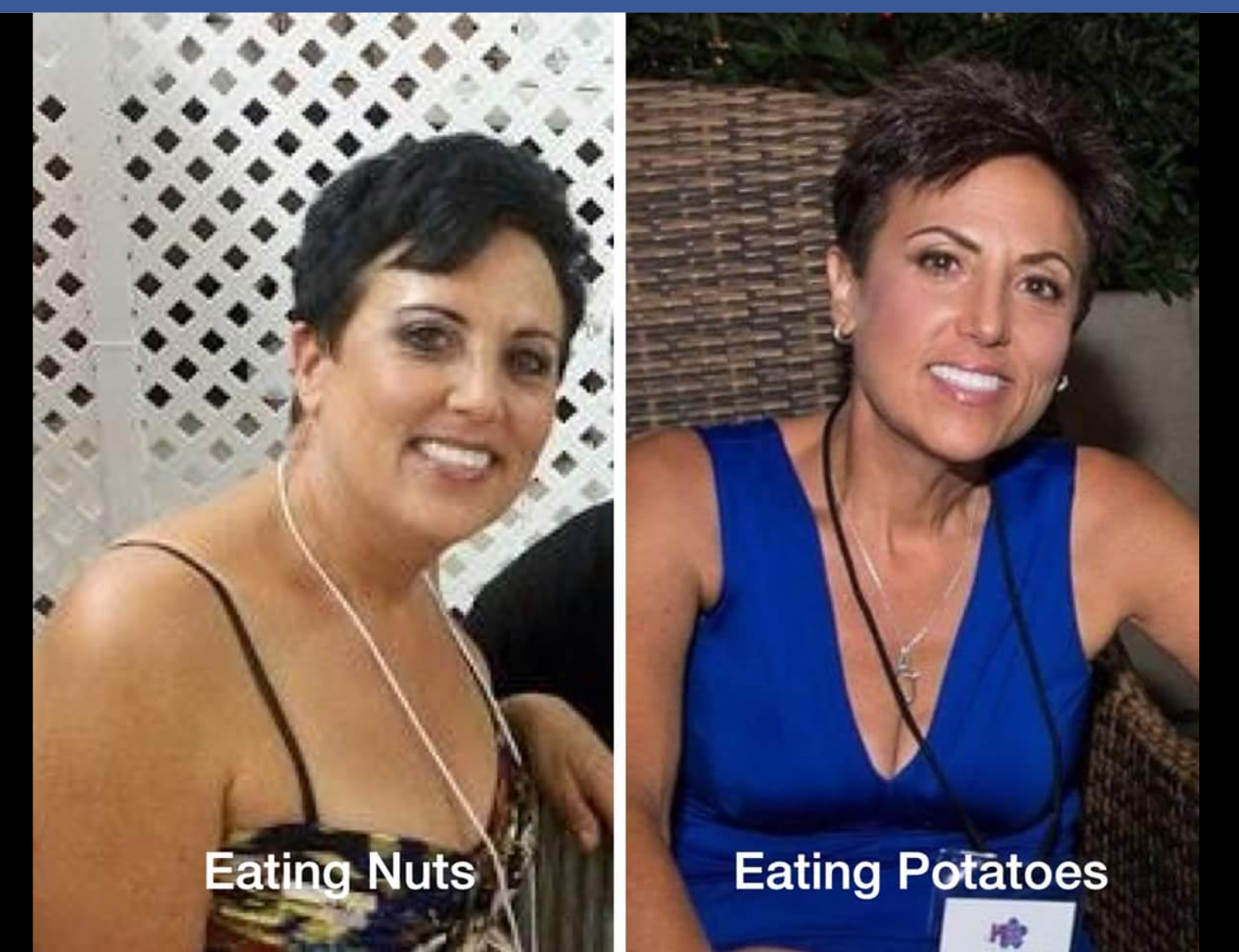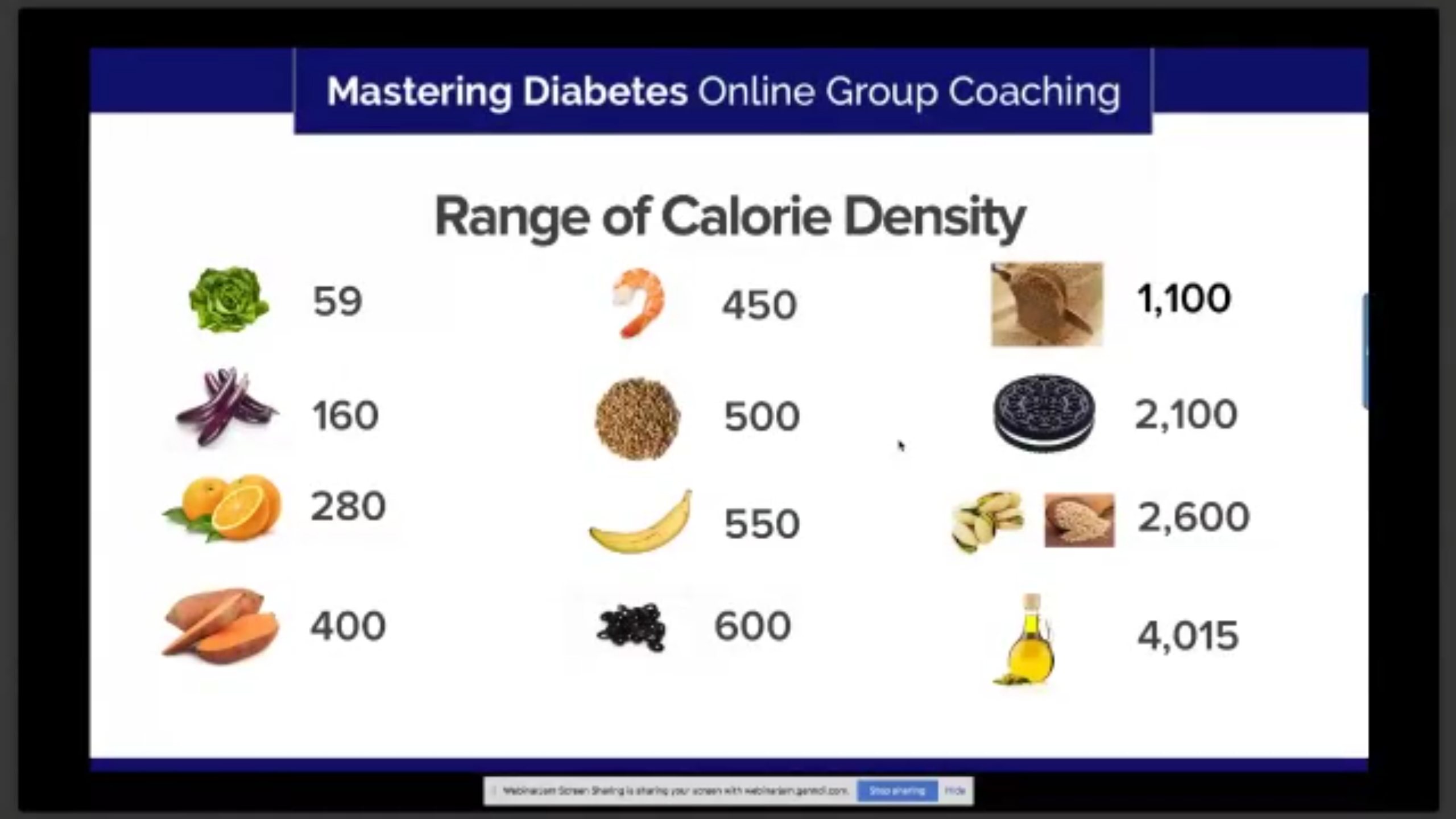Among the chemicals that raised particular concern are nitrates and nitrites, which are used as preservatives, primarily in meat products; phthalates, which are used to make plastic packaging; and bisphenols, used in the lining of metal cans for canned food products. Also of concern to the pediatricians are perfluoroalkyl chemicals, or PFCs, used in grease-proof paper and packaging, and perchlorates, an anti-static agent used in plastic packaging.
“The good news is there are safe and simple steps people can take right now to limit exposures, and they don’t have to break the bank,” said Dr. Leonardo Trasande, the lead author of the statement and chief of the division of environmental pediatrics at New York University’s School of Medicine.
“Avoiding canned food is a great way to reduce your bisphenol exposure in general, and avoiding packaged and processed food is a good way to avoid phthalates exposures,” Trasande said. He also suggested wrapping foods in wax paper in lieu of plastic wrap.
https://www.wral.com/chemicals-in-food-may-harm-children-pediatricians-group-says/17714679/

